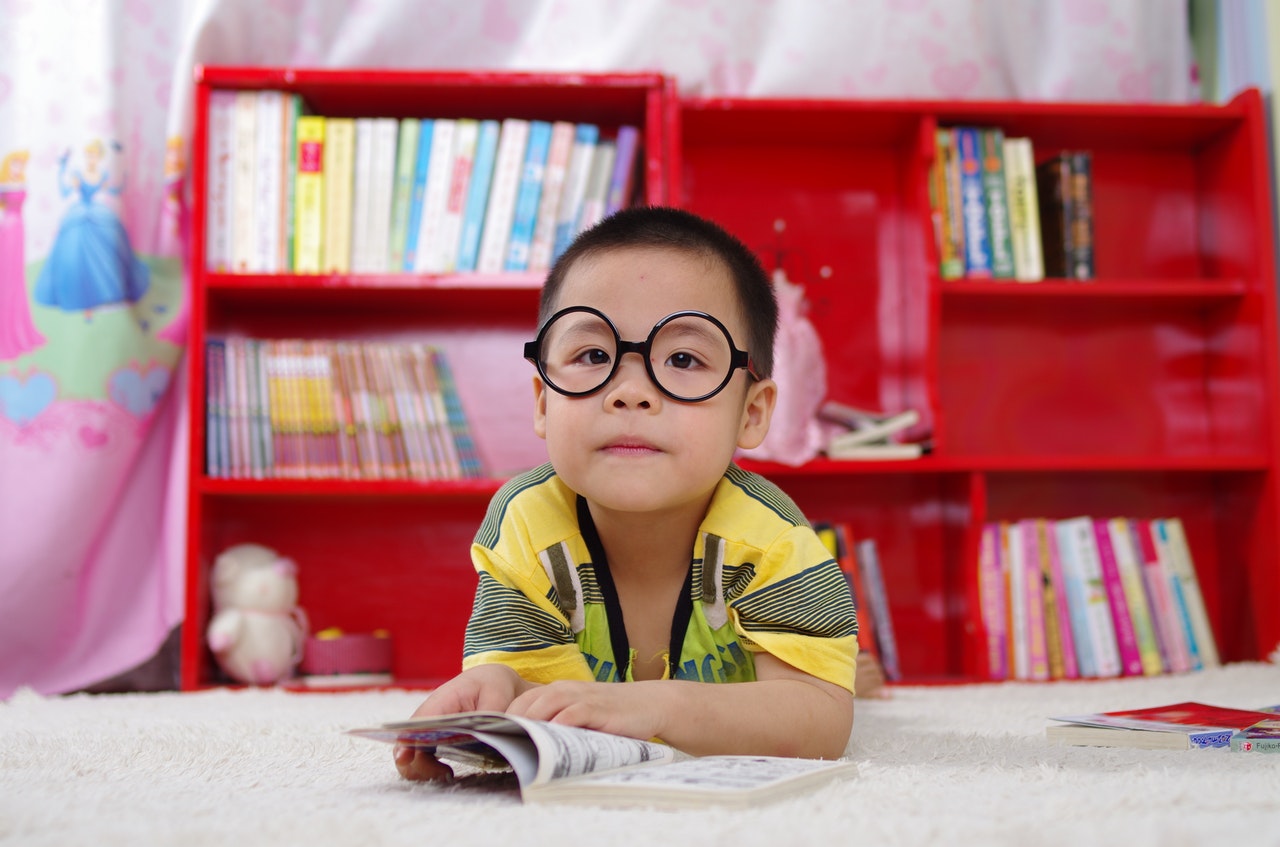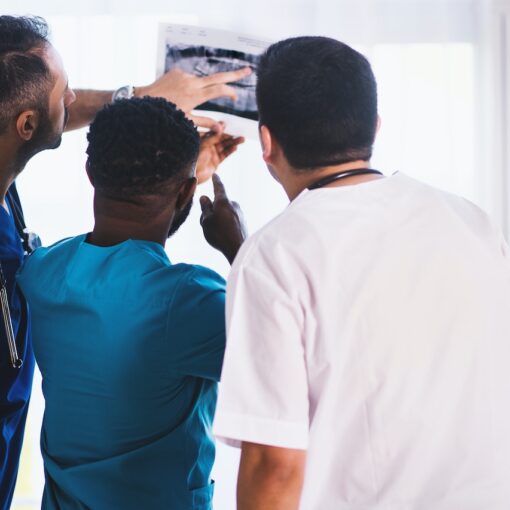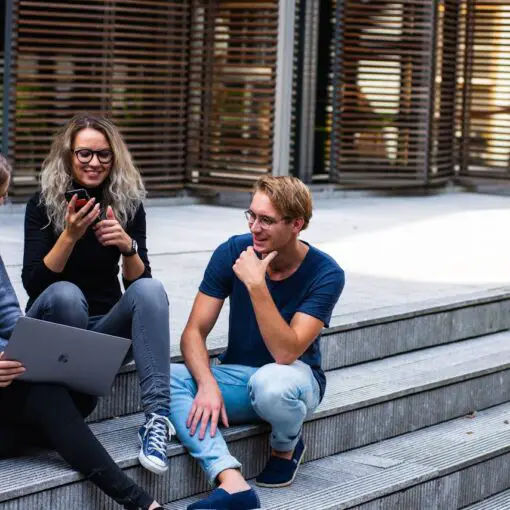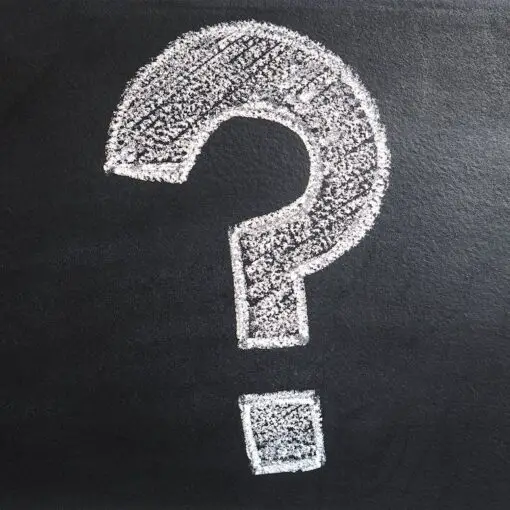On a regular basis, people are faced with problems and scenarios that must be assessed and solved. Typically, they are tasked to understand various perspectives to think about these scenarios. It is common for most people to build cognitive thinking on the basis of earlier similar experiences or situations.
Nonetheless, this may not offer a much better solution to a problem since the decision may be impacted by non-prioritized facts, emotions as well as other influences that reflect on the ultimate decision. The critical thinking process tends to offer an open-minded and rational process that is founded on empirical evidence and information.
The process of thinking critically prevents individuals’ minds from jumping straight to conclusions. As an alternative, it guides the mind via logical steps that tend to broaden the range of accepting findings, considering reasonable possibilities, widening the range of perspectives and putting aside personal biases.
What is critical Thinking?
It is hard to improve upon something that you cannot define. Critical thinking is the analysis of a situation or issue and the data, evidence or facts related to it. Preferably, critical thinking is to be carried out objectively without influence from opinions, biases or personal feelings. The process solely focuses on factual information. With this, critical thinking can be defined as a skill that enables people to make informed and logical decisions to the best of their ability.
Six-Core critical thinking Skills
While there are no globally accepted common skills that need to be integrated into the critical thinking process, here are the six cores essential skills of thinking that people need to focus on to become an outstanding critical thinkers.
1. Identification
For each problem, a clear vision will put people on the right path to solving the problem. This step determines the problem or the situation as well as other aspects that may influence it. Questions should be asked to get a much better understanding of the problem. If you have a clear image of the scenario and the factors, people and groups that may be impacted, you can then start diving deep into a problem and its proposed solutions.
When faced by new scenario, situation or problem, people should first ask themselves the following questions to ascertain that they are making the appropriate decisions:
• What is the problem?
• Why do you need to solve the problem?
2. Research
Independent research capability is essential when comparing disputes concerning an issue, deciding between to options or solving difficult problem. Disputes are supposed to be persuasive which translates that the figures and facts presented in their favor may originate from questionable sources or even lack context. The perfect way to fight this is independent verification; look for the source of the info and assess. Developing an eye for unsourced claims can be useful. It is important to note that all sources are not valid.
3. Finding biases
This skill can be extremely challenging because even the smartest people may fail to identify biases. The strongest critical thinkers do their best to assess information objectively. It is arguably tricky and equally essential to learn how to isolate your personal biases that may impact your judgment. It is essential to possess the courage to argue and debate with your assumptions and thoughts.
By doing this, one will have the ability to view things from different perspectives. People can enhance this skill by challenging themselves to determine the evidence that forms your beliefs and then evaluates whether your sources are credible or not. These questions are essential when assessing an argument:
• Who benefits from this?
• Does the origin of this information have an agenda?
• Is the origin ignoring, leaving or overlooking information that does not support its claims or beliefs?
4. Inference
Another essential skill of mastering critical thinking is the capability to infer and draw conclusions on the basis of information presented to you. Info is not always presented in a summary that indicates what it means. People will regularly require assessing the info offered and draw assumptions on the basis of raw data. The capability to infer enables them to explore and discover prospective outcomes when evaluating a situation.
It is also essential to note that not all inferences will be accurate. An inference is typically an educated guess, and your capability of inferring it appropriately can be enhanced by making reasonable efforts to gather extensive info before jumping into conclusions. Therefore, when faced with new situations, you should first skim for clues, things like images and headlines. Afterward, make a point and ask yourself what you think is happening.
5. Determining relevance
One of the most challenging parts of thinking critically during a trying situation is figuring out what info is most essential for your consideration. In several situations, people will have info at their disposal that may seem significant but may turn out to be just a mere data point to contemplate.
The best way to get much better at identifying relevance is by founding a perfect direction in what anyone is attempting to figure out. If you get your ultimate goal, you can utilize it to inform your judgment of what is much more relevant. An ideal way of determining what is relevant is making a physical list of data points indexed in order of relevance.
6. Curiosity
It is undeniably easy to sit back and use everything presented to you at your face, but this can be a catalyst for disaster when faced with a situation that needs critical thinking. In standard scenarios, people are naturally curious.
Although people are born to be curious, there are several things that they can do to enhance that curiosity in a much better way. You will only require a reasonable attempt to ask open-ended queries concerning the things that you see in your life regularly, and you can then put more attempts on these questions.
The Importance of Critical Thinking
Most of the thinking that people do every day is uncritical. This makes sense if you think about it. For instance, if we had to think purposely about all actions such as breathing, we would not have any intellectual energy left for the crucial stuff like learning new things. It is essential that most of our thinking is automatic.
However, people can run into problems if they let their automatic mental process make ultimate decisions. It is comfortable for people to manipulate other individuals who don’t utilize critical thinking when making decisions. Even in day-to-day activities, it is common for people to get caught in stupid disputes or say foolish things merely because they failed to stop and think consciously. Critical thinking matters in college because:
• It enables people to form their own opinions and interact with material beyond a superficial level. This is vital to creating an excellent essay and having an intelligent discussion with classmates and professors.
• It allows students to develop ethical arguments and then back them up. Critical thinking is a must for those students planning to go on to graduate school or pursue a PhD.
• It helps in assessing your own work. This aspect can result in better grades as well as better mind habits.
Doing university level work without critical thinking can be compared to walking blindfolded. You will indeed get somewhere, but it may not be the place that you desired. The essence of thinking critically does not stop with college life. After you get out into the actual world, critical thinking matters much more because:
• It enables students to continue developing intellectually after graduating. Progress does not stop after graduation, and people should keep learning as much as they can. Knowing how to think critically will assist people to assess any new info they encounter.
• It assists people to make hard decisions. Defining your values will primarily help you make desirable decisions. The capability to think critically is fundamentally good in the decision-making process. In fact, thinking critically will help you compare the advantages and disadvantages of the options available before you.
• It makes people much more employable and receive much better payment. Apart from knowing how to solve the present problems, the best employees also know how to get solutions to issues that no one ever imagined. Critical thinking is indeed an essential ingredient to solving novel problems.
No matter what background you come from, how much experience you have already acquired or what industry you are interested in pursuing, having the above-mentioned critical skills is a must. Your career can be made or broken by having or not having critical thinking skills. The capability of thinking critically is more essential now than ever before. If you do not think critically, you may be lowering your chances of becoming successful in your career.
Lastly, thinking critically is crucial for any person looking forward to having a fruitful professional life and a successful college career. Your ability to accurately analyze and assess complex situations and subjects will always be helpful. Most professionals acknowledge their time in university as having been vital in the development of their capabilities to think critically.
Sources





